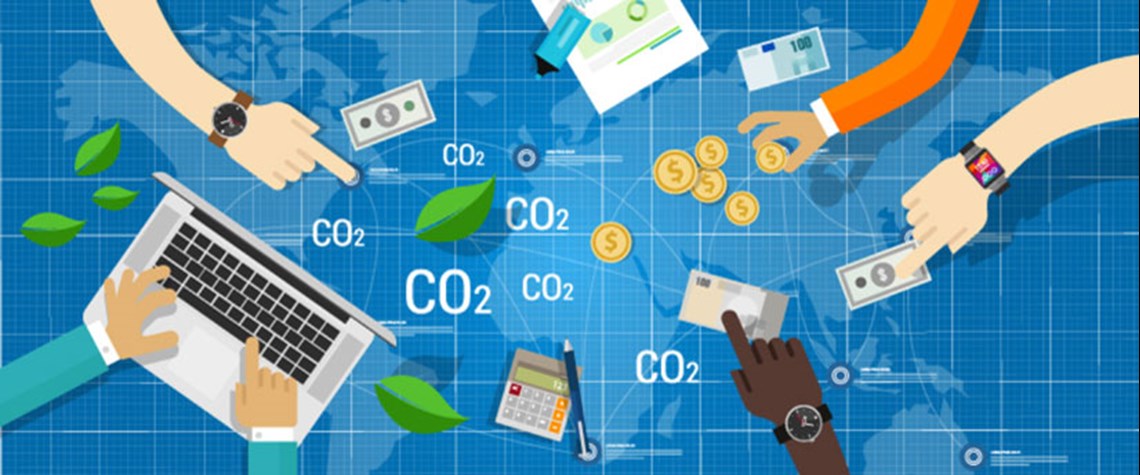Voluntary market set to embrace removals
Carbon-removal technologies to gain market share as companies fret over quality of credits generated by avoidance projects, according to Shell and BCG
Voluntary carbon markets are set to undergo a fundamental shift over the next few years, with offsets generated by removal technologies such as direct air capture (DAC) gaining market share from emissions avoidance projects such as renewables, according to a report from Shell and management consultancy Boston Consulting Group (BCG). Carbon removal credits—most of which are produced by nature-based solutions—are expected to account for 35pc of the voluntary market in 2030, up from a share of less than 20pc in recent years. Emerging technologies such as DAC and bioenergy with CCS (Beccs) will gain traction as they scale up and become more affordable, the report says. $10–40bn – Potential

Also in this section
9 January 2026
A shift in perspective is needed on the carbon challenge, the success of which will determine the speed and extent of emissions cuts and how industries adapt to the new environment
2 January 2026
This year may be a defining one for carbon capture, utilisation and storage in the US, despite the institutional uncertainty
23 December 2025
Legislative reform in Germany sets the stage for commercial carbon capture and transport at a national level, while the UK has already seen financial close on major CCS clusters
15 December 2025
Net zero is not the problem for the UK’s power system. The real issue is with an outdated market design in desperate need of modernisation







